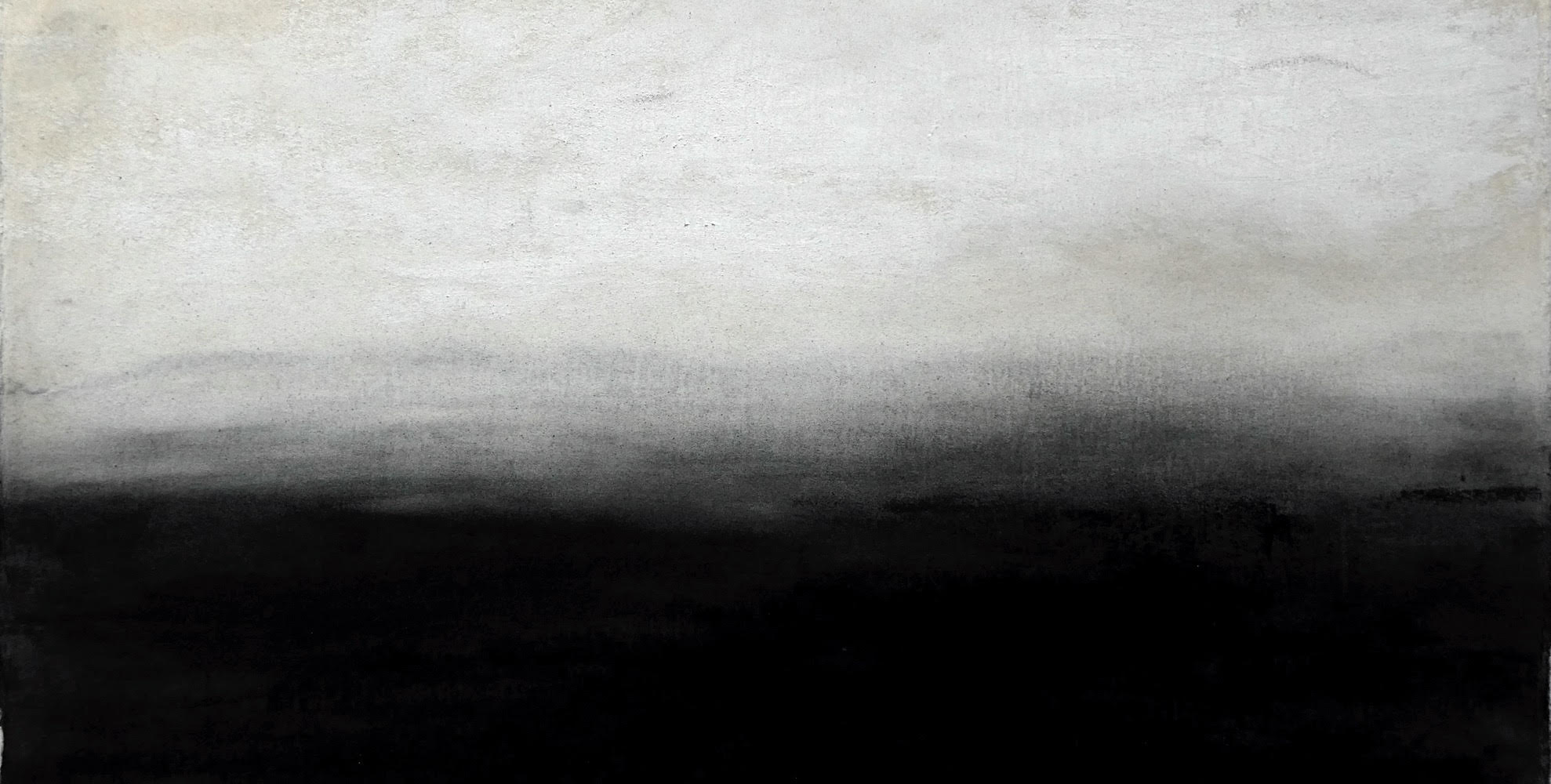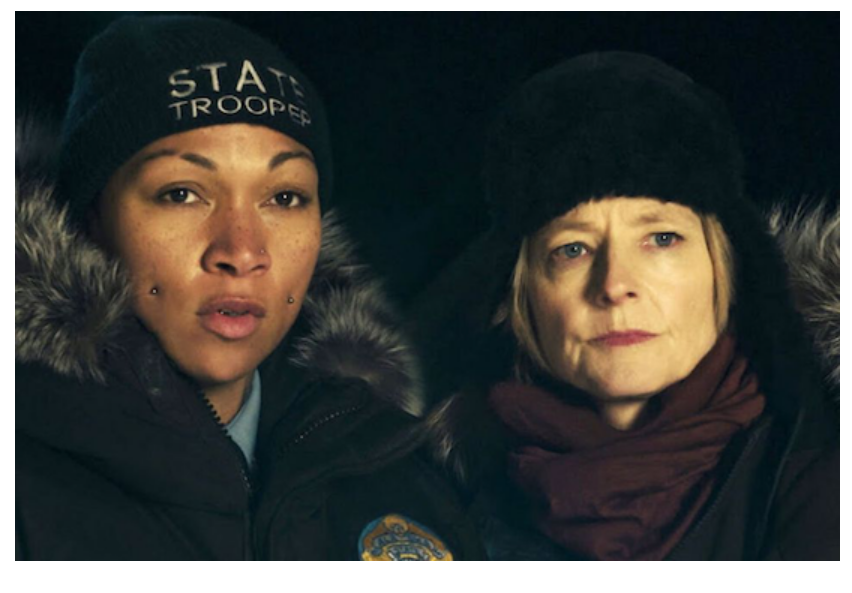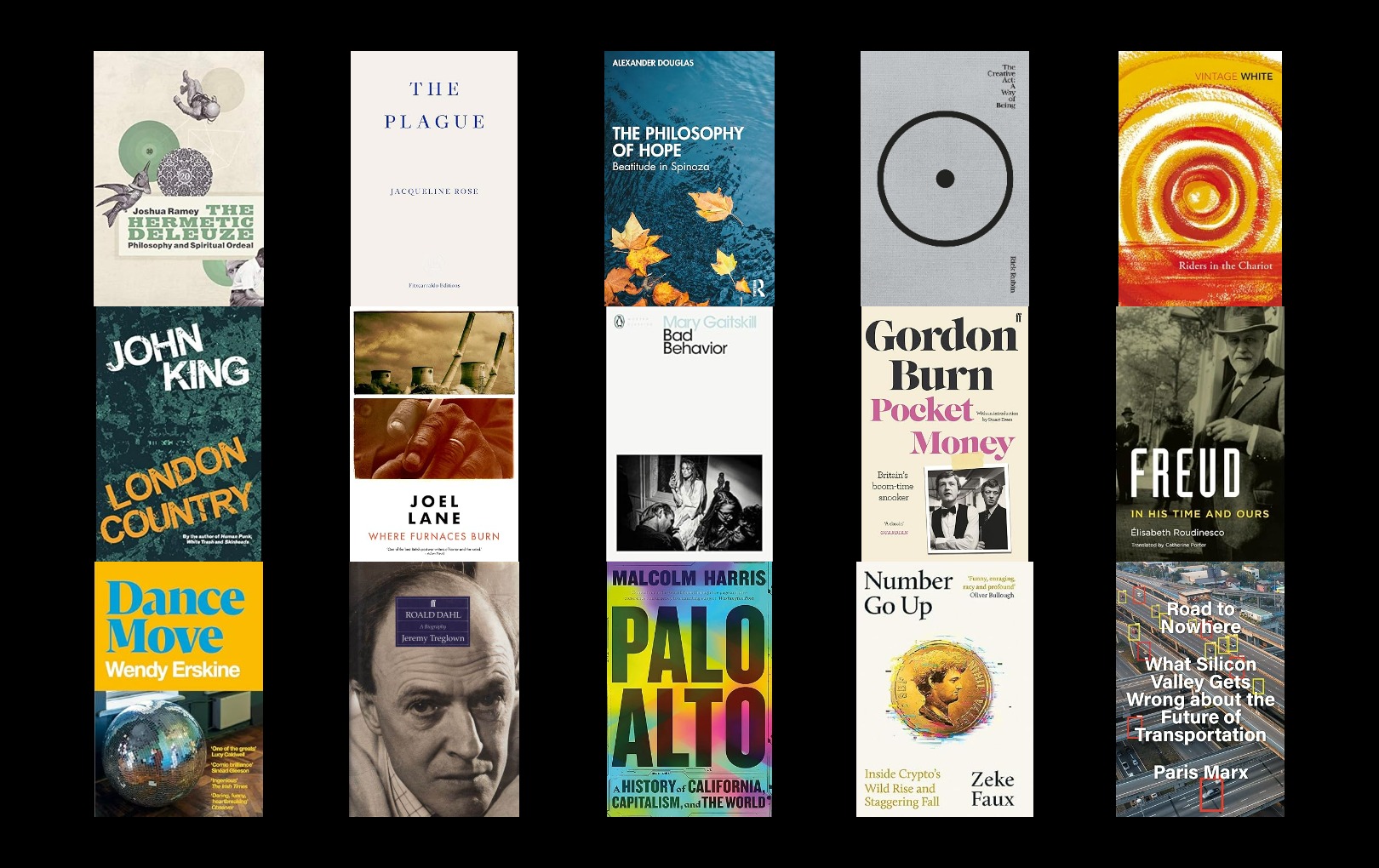
Brad Evans: I Know I Will Never Write a Better Book
If the measure of writing is to get as close as we can to the truth of existence, I know I will never write a
J.D. Taylor on the Brexit vote’s fallout as a search for new island narratives.

Strange energies have been unleashed by the Brexit campaign which no political faction looks capable of containing, whatever the outcome of this Thursday’s vote.
Whilst the Brexit vote has effectively become a plebiscite on uncontrolled immigration, the anger it has unleashed around the country raises older questions about narratives of identity and belonging. The cumulative effects of deindustrialisation, austerity, privatisation and the demonisation of the poor has reached a point where many of these narratives are unravelling into incoherency. And whilst efforts are being expended, often ineffectually, to argue for the values of cosmopolitanism or political sovereignty, less has been made of the decades-deep disempowerment and disaffection by which the island’s own collective story has come undone.
The social security contract has become a war against the poor, and an eerily popular one at that; the National Health Service may soon collapse into a mess of private provision and statutory but overwhelmed free access. The great public industries and utilities have been dismantled and sold overseas for peanuts. Talk to any frontline professional in health and social care, education, housing or justice and one is warned that services are at breaking point, crushed between increasing demand and diminishing workforces and pay. For now, heroic efforts are made to keep things going. No doubt fears about rent arrears or losing one’s home are equally compelling. Few (rightly) believe that the welfare state would support them should things turn south. But it is becoming clear that even this noble lemming logic is insufficient to the demands placed on it. And this disaffection against this unravelling ratchets in intensity.

Communities that made things or mined them, farmed things or fished them, have been dashed against the rocks in the last forty years at an accelerating rate, in a story most of us are familiar with, even if some still groan at terms like neoliberalism. Standing without purpose, the towns and cities outside the island’s capital cities, and the lives within which animate them, have found themselves superfluous to a new economic order founded on crooked financial activity and inflated property prices down South. I describe places that I travelled through and spent time in when I wrote Island Story, an account of a long summer journeying across Britain by bike in an attempt to understand its diverse communities and stories. I found a surfeit of communities of non-participants, excluded economically and politically, angered that the decisions that transformed their work, neighbourhoods, family lives and self-images have been made elsewhere. I believe that their voices have for this brief moment become politically important.
The Leave campaigners have exploited this disaffection and disorientation and projected it onto Europe. The EU is now a euphemism for undemocratic, unaccountable and arbitrary authority. Whether this is true or not isn’t in question, because the tenor of the Brexit arguments has been intrinsically anti-political and, in many cases, sceptical of factual evidence or discussion. The interests of private capital have been internalised. People talk of economic growth and trade deals that will benefit no person they know of; they talk of migrants overwhelming services they have never used. They do not perceive that the island’s infrastructure and social safety net has collapsed so unsustainably that in five years Promethean efforts will be required to rebuild them. Remarkably, a decision that could permanently deface apparently ‘British’ ideas about fair play, solidarity, liberalism and communal obligation is being made on the flimsiest of evidence.
But this is a vote about narratives, even where politics is reduced to personality and prejudice. More interesting is that the Remain vote expresses hatred for the political establishment and, in many cases, for the debilitation of working class ex-industrial communities left by capitalism. Contempt for Brussels is overblown: the largely English, non-London support to leave Europe is an English independence movement in parallel to the Scots. Of course, wherever a dominant social group is appealed to as a victim of injustice and moral outrage, bad things follow. But there is a markedly working class composition to this independence movement, one which rejects not the values of cosmopolitanism (an erroneous judgement by the mostly young, middle-class pro-Remain contingent – people like me) but what it considers a political and social establishment which has rubbished and destroyed their class cultures and ways of life, like those I encountered, lived among and narrate in Island Story.

Its response is misguided and likely to lead to disappointment. But this anti-establishment turn among the English is significant. Whether this collection of different social groups will cohere in enough numbers to force the UK out of the EU and its status in the global economic order is unclear, but this new pressure will leave behind an imprint on the terrain around it.
‘Most of England is 1,000 years old’, writes the landscape historian W.G. Hoskins. In a ‘walk of a few miles one can touch nearly every century in that long stretch of time’. Witness time in the undulations, roads and settlements along the landscape. Observe its failure of passage in the fatalistic deference to traditions and to beacons of aristocratic authority. If much of the Brexit discussion is insular and inward-looking, the question it raises — who owns Britain? — presents a more compelling line of inquiry. The old narrative of the United Kingdom is no longer sustainable. Divisions between the island’s countries, let alone between the South-East and the rest of England, are becoming irreconcilable.
In the collapse of the old ways, and the murkiness of the contemporary political fog, comes the possibility to explore what another island story might amount to. One that reckons with the facts of automation and the required reduction of work in our lifetimes, with the possibilities of renewable energies and of the necessity of living sustainably, of individual liberalism, of a sceptical, Internet-reliant citizenship. One that learns from but is no longer burdened by the past.
As I travelled around the island, I found ways of life wrecked, communities dispersed, and a prevailing sense of despair and acquiescence in an unjust but apparently inevitable fate. But I also found people and projects that inspired me in their drive to question the realism and inevitability of the current political order, one that seems now more fragile than at any point in recent history. I met remarkable individuals and collectives determined to re-establish the foundations of a fairer, kinder, more wise and equal society. Rarely are they popular, but they indicate another story or journey that might lead beyond the ugly, hostile and xenophobic miasma of the Brexit question.

I met people like Eden, rearing sheep on a council farm in Darlington beside a gargantuan Argos distribution centre. He told me of EU subsidies, subsistence farming, the one way of life he and others know, and ‘the unholy mess that’s developing’ in food production. Farmers are often misunderstood and vilified, so too are welfare recipients, like those Sonya was helping in Morecambe. Sonya was a lettings agent in the private sector, increasingly the main handlers of those dependent out of disability or circumstance on housing benefit. She described the choices people made between heating and eating, trapped in a cycle of unemployment, debt, temporary work, and back again. ‘What good are foodbanks when people haven’t got enough to pay their gas or electricity to heat the food?’ she asked. She was also a local historian, one of the brightest minds I’d met, locked out of higher education by circumstance, trying to give her two sons a better life.
Then there was Ciaran, like me in his 20s, working at the Sabhal Mòr Ostaig college on Skye, a centre for the renaissance of the Scots Gaelic tongue. He argued that Scotland’s future had more in common with social democratic Scandinavia than neoliberal London (‘London feels like a foreign country here’). He and his friends couldn’t afford to buy a home locally because of the migration of second-home seeking English incomers, forcing up house prices. Like many young Scots, he was politically informed, passionate, and hopeful about the future, in a way often missing south of Berwick.
I met Thomas Turgoose, the muse of Shane Meadows’ films, pulling pints and interrupting fights in a rough and tumble boozer in Grimsby, who spoke of the incoherency and impossibility of locating a singular national identity. Then there was Colin, attempting to rebuild from a few forgotten rail-tracks the Teign Valley railway that once weaved through Dartmoor. I slept on one of his train carriages and talked into the night about the lost future of a modern and sustainable railway travel that might one day become possible again. Dreamers some, heartbroken others. ‘Stay with life’, said a melancholy Father Michael on the Kyle of Tongue. Among the sadness and incoherence and heartbreak and anger is a hope, a possibility, that permeates these stories, and the book, like a pulse.
And so I have told their stories, because if we are to reconstruct a sense of collectivity and possibility out of this mess, then it will not be through venal and corrupt politicians or Twitter hot-takes, but each of us, all of us, thinking, deliberating and cooperating, living together as a collective endeavour.
The story of another island.

If the measure of writing is to get as close as we can to the truth of existence, I know I will never write a

To accompany his latest piece with Tariq Goddard in The Quietus on True Detective Season 4 and the legacy of In The Dust of This Planet, Eugene

As another turbulent year draws to a close, the Repeater team put forward their favourite reads for the festive season. Publisher, Editor, and Author Tariq

If the measure of writing is to get as close as we can to the truth of existence, I know I will never write a

To accompany his latest piece with Tariq Goddard in The Quietus on True Detective Season 4 and the legacy of In The Dust of This Planet, Eugene

As another turbulent year draws to a close, the Repeater team put forward their favourite reads for the festive season. Publisher, Editor, and Author Tariq
